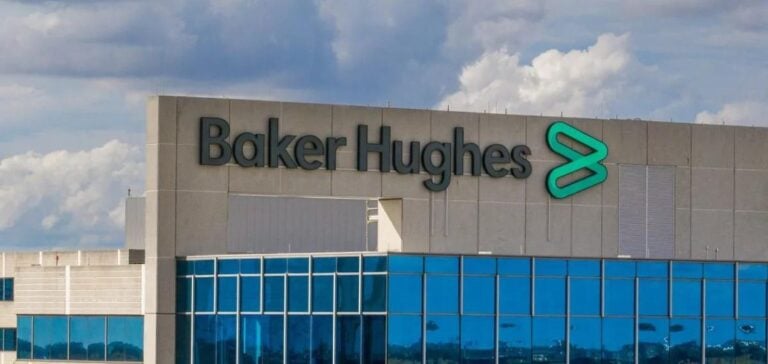Baker Hughes announces the launch of CarbonEdge™, a digital solution for operators of carbon capture, utilization and storage (CCUS) projects.
The platform stands out for its ability to centralize all surface and subsurface data, enabling optimal risk management and accurate regulatory reporting.
The tool is designed to meet the needs of players in the energy sector seeking to effectively integrate CCUS projects into their operations.
An integrated platform for comprehensive CCUS project management
CarbonEdge™ connects data from various carbon capture, pipeline transport and underground storage infrastructures.
By consolidating this information on a single dashboard, users can track CO2 flows in real time and adjust their operations to maximize efficiency.
The platform, powered by Cordant™, offers CO2 measurement, monitoring and verification (MMV) capabilities crucial to meeting ever-changing regulatory requirements.
CarbonEdge™’s integrated approach is based on Baker Hughes‘ superlative-free technology, aimed at providing a reliable digital solution for operators.
The platform is also adaptable to different types of CCUS projects, whether industrial or energy applications.
Its modularity enables rapid implementation and interoperability with other digital systems, providing valuable flexibility for companies seeking to navigate a complex regulatory environment.
Partnership with Wabash Valley Resources
Wabash Valley Resources (WVR), a chemical industry player specializing in low-carbon ammonia production, adopts CarbonEdge™ for its operations.
Under an agreement signed in July 2024, Baker Hughes is providing WVR with compression services, injection well construction, and CO2 geological monitoring solutions.
WVR will use CarbonEdge™ to measure, monitor and verify captured and stored CO2 volumes, while collaborating with Baker Hughes to enhance the platform’s capabilities based on specific industry needs.
This strategic partnership enables Baker Hughes to test and further develop the platform in a real-world environment, while making improvements based on user feedback.
This ensures that CarbonEdge™ remains relevant and useful for operators in a dynamic market environment.
The challenges of carbon capture and storage
Carbon capture and storage has become a key element in the global energy strategy to reduce industrial emissions.
Regulators, particularly in the United States and Europe, are setting increasingly stringent standards for the geological storage of CO2.
Digital solutions like CarbonEdge™ facilitate compliance with these standards by offering greater traceability and transparency.
They also reduce the costs associated with regulatory reporting and risk management.
With the rise of CCUS projects, the ability to analyze CO2 flow data in real time is becoming essential.
CarbonEdge™ meets this need through its integration of data across the entire CCUS value chain.
As a result, companies can better forecast maintenance requirements, optimize their investments and avoid costly interruptions.
Towards wider adoption of digital technologies
The development of CarbonEdge™ is part of a wider trend in the energy sector towards digitization.
Digital monitoring and data management technologies are increasingly used to optimize operations and meet compliance requirements.
They are particularly important for CCUS infrastructures, where risk management is crucial.
Digital solutions enable operators to improve the efficiency of their facilities and better understand the dynamics of CO2 storage.
As regulations around CO2 management become stricter, tools like CarbonEdge™ are becoming essential components for CCUS operators looking to stay competitive.






















